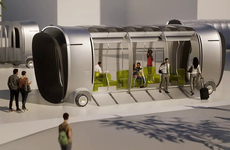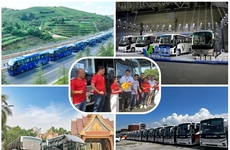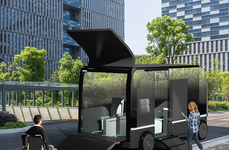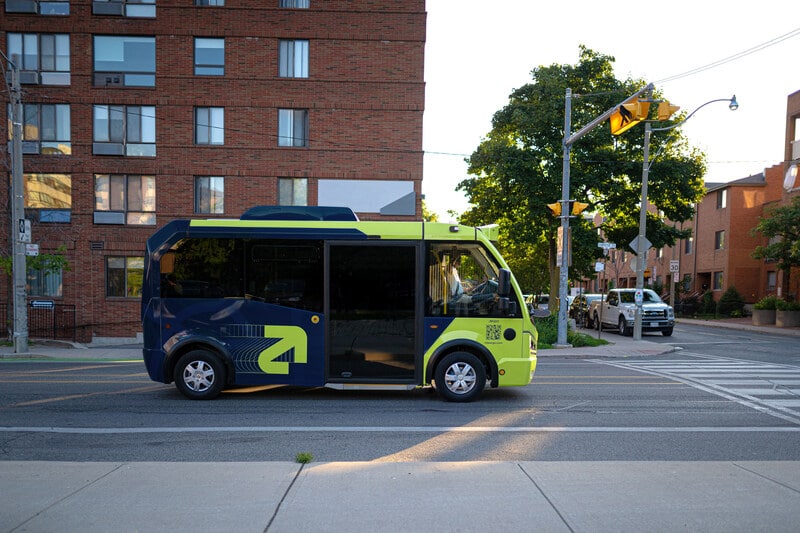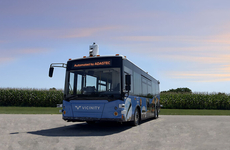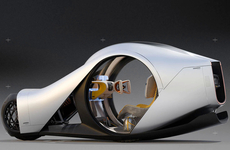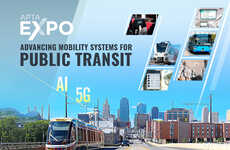
Argo Debuts a Vertically Integrated Smart Transit System
Argo Corporation has introduced a groundbreaking public transit model in Bradford West Gwillimbury, Ontario, marking the world’s first deployment of a fully vertically integrated smart transit system. The innovation combines proprietary Smart Routing™ technology, purpose-built electric vehicles (Argo X1), and end-to-end operational management. The initiative replaces traditional fixed-route buses with a demand-responsive approach.
The phased rollout of the vertically integrated smart transit system aims to enhance accessibility, reduce reliance on private vehicles, and optimize operational efficiency through algorithmic routing. Residents can request rides via a mobile app, with the system dynamically adjusting stops based on real-time demand while maintaining standard transit fares.
From a broader perspective, the reduced need for private car usage could alleviate traffic congestion and lower transportation costs for residents.
Image Credit: Argo Corporation
The phased rollout of the vertically integrated smart transit system aims to enhance accessibility, reduce reliance on private vehicles, and optimize operational efficiency through algorithmic routing. Residents can request rides via a mobile app, with the system dynamically adjusting stops based on real-time demand while maintaining standard transit fares.
From a broader perspective, the reduced need for private car usage could alleviate traffic congestion and lower transportation costs for residents.
Image Credit: Argo Corporation
Trend Themes
1. Demand-responsive Transit Systems - The shift to demand-responsive transit models demonstrates an innovative replacement for fixed-route transportation, significantly enhancing the flexibility and efficiency of public transit operations.
2. Smart Routing Technology - Integration of proprietary Smart Routing™ technology in transit systems introduces a new standard for adaptive travel, allowing dynamic route adjustments based on real-time demand data.
3. Vertically Integrated Mobility Solutions - Deploying vertically integrated mobility solutions can revolutionize urban transportation by consolidating vehicle and software services into a streamlined operational model.
Industry Implications
1. Public Transportation - The evolution of public transportation with smart, demand-based systems has the potential to reshape urban mobility and extend accessibility to underserved areas.
2. Electric Vehicle Manufacturing - Purpose-built electric vehicles like the Argo X1 provide an opportunity for growth in the electric vehicle sector, catering to specialized transportation needs.
3. Mobile App Development - Advancement in mobile app interfaces for ride requests is crucial for facilitating seamless interaction between commuters and transit operators in smart transit systems.
8.1
Score
Popularity
Activity
Freshness

